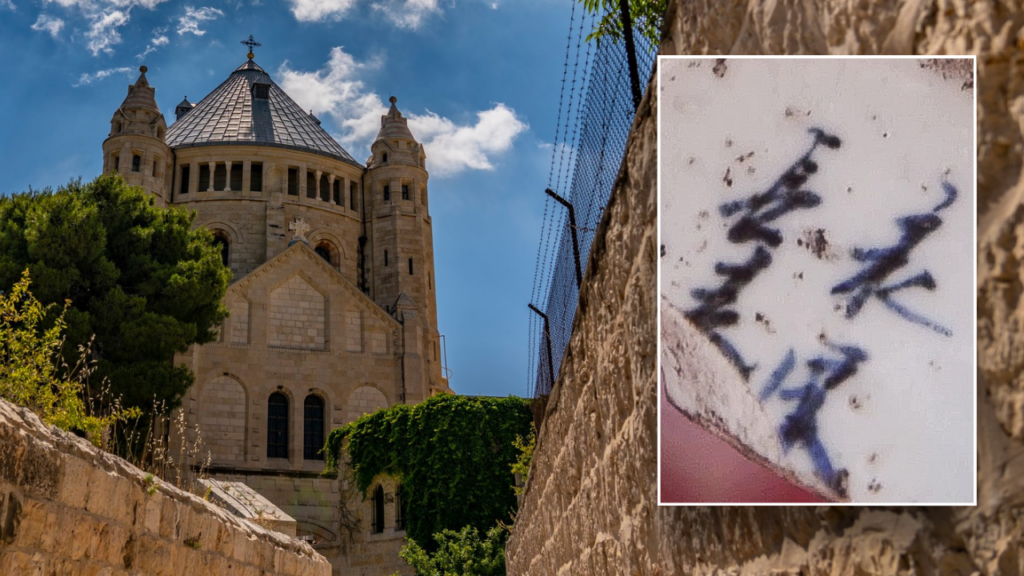
“Artifact with Strange Inscription Dug Up at Holy Site in Jerusalem: ‘Unusual Location'”
Recently, archaeologists uncovered a centuries-old artifact at the sacred Mount Zion site in Jerusalem, which has left experts stunned and amazed. The discovery, made by the Israel Antiquities Authority (IAA), consists of an ancient porcelain bowl bearing a mysterious Chinese inscription.
This extraordinary find is significant not only due to its historical value but also because it sheds new light on previously unknown interactions between Imperial China and the Ottoman Empire. According to sources, this remarkable artifact dates back to the Ming Dynasty period, specifically between 1520 and 1570.
As per reports, the bowl was likely produced during a time when official delegations from both empires would visit each other’s courts. This is substantiated by writings from Chinese scholar Ma Li, who documented the presence of colonies of Chinese merchants in cities like Beirut and Tripoli. The document also mentions other significant locations such as Jerusalem, Cairo, and Aleppo.
The IAA has expressed that this artifact not only highlights trade relations between these two powerful empires but also underscores the importance of the Middle East region during this period. In a statement, the organization’s director, Eli Escusido, emphasized that while the discovery is fascinating, it is equally as surprising to find evidence of these interactions in such an unexpected location.
Mount Zion has significant spiritual and historical value for both Christians and Jews alike. The site is believed to be where Jesus shared his last meal with his disciples before he was betrayed (The Last Supper) and later resurrected. This Upper Room or Cenacle, as it is known, is now revered by many as a symbol of God’s promises.
Moreover, the Ark of the Covenant was kept at Mount Zion during King David’s reign, making this location sacred in Jewish tradition.
Source: www.foxnews.com


